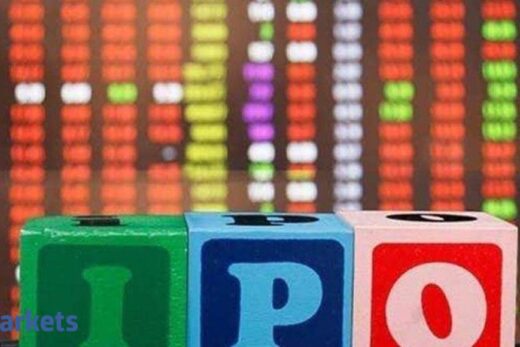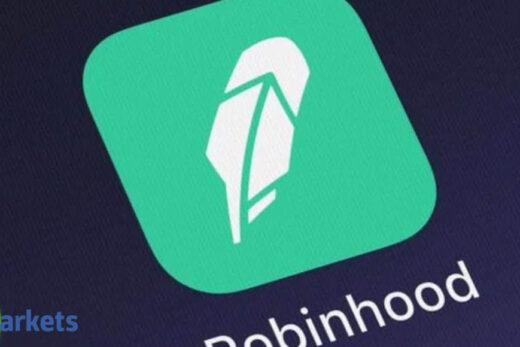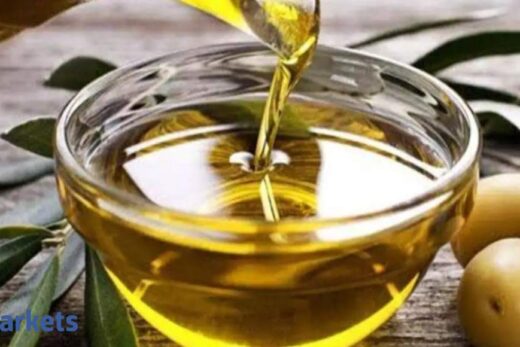The company was least impacted by Covid-19 compared with peers, due to its presence in smaller towns, they said, and suggested that ad spends as a percentage of revenues may fall going forward, driving further profitability.
The IPO comprises fresh issuance of stocks aggregating to Rs 300 crore and an offer-for-sale of up to 58,40,000 equity shares by private equity firm Sequoia Capital through its two funds — SCI Investments IV and SCI Investments V — and promoter Hemant Jalan.
The price band for the issue has been fixed at Rs 1,488-1,490 a share.
Antique Stock Broking said Indigo Paints might continue to gain market share and outperform its larger peers in the short to medium term. This, it said, will be through scaling up of operations in the newly-entered markets and increasing presence in larger cities within its existing mainstay geographies.
The paintmaker had a distribution network in 27 states at the end of September quarter.
“We believe Indigo Paints’ demand for valuation in line with industry average is justified, as its Ebitda margin (18.5 per cent in H1FY21 against peers’ 17 per cent) and ROE of 24-27 per cent for FY20 are in line with the sectoral peers in an industry that has significant entry barriers.
“An aggressive dealer network and tinting machine expansion to existing and new markets on niche products offer a significant scope to increase market share,” it said.
Peer comparison
On the valuation front, Indigo Paints shares are being offered at 98.5 times its trailing 12-month EPS, compared with 113.78 times for Asian Paints, 128.23 times for Berger Paints and 84 times for Kansai Nerolac, said Anand Rathi Financial Services.
Elara Capital said the specialised products portfolio that contributed 28.6 per cent to the company’s FY20 profit and is attractive for dealers, and that is what usually gives Indigo a ‘foot in the door’.
It gives a higher trade margin of 17-20 per cent against 15 per cent for Asian Paints, but has built a strong reputation, which gives it pricing power.
The brokerage said the business model gave the company industry-leading gross margin (adjusted for outward freight cost) of 37.9 per cent in FY20, which was higher than that of Berger Paints by 280 bps in FY20, Kansai Nerolac’s by 520 bps and was at par with Asian Paints’ 37.7 per cent.
Due to its smaller size, Indigo is the fastest growing among the top five paints companies in India. Overall, it is the fifth largest company in the decorative paint industry in terms of revenues.
IIFL Securities expects Indigo’s earnings per share to grow at a compounded annual growth rate of 48 per over FY20-23 compared with 14-15 per cent for Asian Paints and Berger. On those FY23 expectations, IIFL values the stock at 46 times FY23 EPS, implying a valuation discount of 28-41 per cent over peers.
What do brokerages say
IIFL has a negative view on the paints sector, as it is not as under-penetrated now as it was earlier and, therefore, expects growth rates to be slower in future than what they were in the past.
In the light of these lower growth rate projections, paints stocks are clearly looking over-valued.
“However, we would advise investors to subscribe to the Indigo Paints IPO, as the growth-valuation equation seems favourable there,” it said.
Anand Rathi and Elara Capital have ‘subscribe’ ratings on the IPO. Astha Jain of Hem Securities even sees listing pop on the issue.
“Indigo Paints enjoys an early-mover advantage in floor painting, with growing sale of differentiated products that yield higher margins. We like the fact that the company remained least-affected during Covid period (growth in sales and on Ebidta margin terms) compared with peers due to its strong presence in small towns, which might be one of the reason that led company outperform its peers during Covid times,” she said.
What does the management said
>> The company has incurred high ad spends in the last 4-5 years, and is now leveraging its brand equity to strengthen the presence of tinting machines across retailers.
>> Indigo’s average working capital cycle of 23 days is the lowest in the business.
>> Over the past 2-3 years, the company has been aggressively expanding its geographical footprint and increasing its brand salience.
>> Post the IPO, Indigo would be a debt-free company.
>> Sequoia Capital intends to remain invested for another 5-6 years.
>> The company has no intention of manufacturing raw material for captive consumption.
>> The management finds it logistically feasible for manufacturing activities to remain in its current locations for the next 5-6 years.
>> Places such as Maharashtra, Telangana and Gujarat are still work-in-progress on the rural front compared with cities such as Kochi, Kanpur, Patna, Ranchi, Thiruvananthapuram, etc.
>> During H1FY21, while no conscious cost reduction measures were taken and the company even implemented salary increments in June, Ebitda margins expanded on account of lower ad spends during this period, as April and May, which are generally an ad-heavy period, witnessed lockdown.



